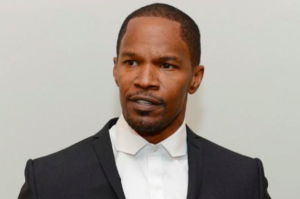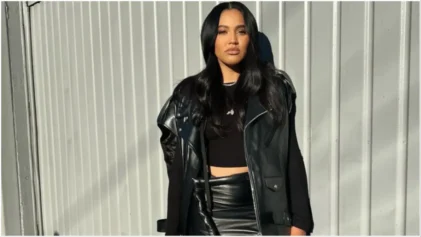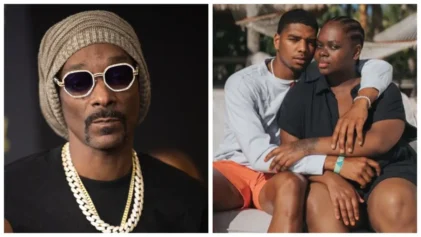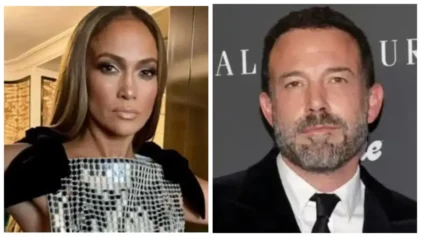
“Keenan Ivory Wayans taught me a lot of s—” Foxx recalled of his mentors. “Whatever you do—as an African American entertainer, you’ve got to be the best at it. We don’t settle for mediocre. Being on ‘In Living Color’ gave me the DNA and the work ethic to get things done. When you talk about the struggles of Black Hollywood, there was always a struggle. They would always pick one. In the ’60s, there was Redd Foxx. Seventies, it was Richard Pryor. Eighties, it was just Eddie Murphy. [But in the] ’90s? ‘In Living Color,’ the Wayans [family], [Chris] Rock, the Kings of Comedy, Chris Tucker, Kevin Hart, [Dave] Chappelle — there [are] a lot of people on the comedy side really flourishing now. Things are opening up and I know Chris Rock did a great article about the struggles of it, but also the hope at the end of it; because if you look at Tyler Perry, he’s doing his own thing.”
The hardships of being a Black entertainer didn’t just stop with the film and television industries. Though Foxx had musical hit after hit, he would still commonly have a hard time pitching songs to music executives.
“My record company says ‘Well, Jamie, you’re an urban artist …,’ ” Foxx said. “But my audience is everybody. I worked hard to make that. I’m in Rome, walking around with kids who are 8 or 9 and know me. I’m pitching something to some executives and they’re like ‘Maybe, it’s too urban.’ And I said, ‘let me take you to a Lil Wayne concert—the rapper. So we go. It’s sold out and I ask the executive ‘Turn around and tell me where you see the urban section.’ And he looked around and sees 20,000 White arms [in the air.] They [the kids] ain’t trippin’ on it.”
He went on to speak about the racist tensions surrounding police brutality and how no matter how “white” you feel, as a Black person, you are still liable to be subjected to police discrimination.
“Me being an African American entertainer—[I] still get nervous when the cops pull me over,” he said.
He recounted an experience he had while driving with actor Tyrin Turner.
“I got stopped a few weeks ago,” he said. “I’m driving in my neighborhood, which is predominantly White. And I’m feeling white—I got my top down and my Rolls Royce like ‘Wow, this is a great, white day!’ With my boy … we’re riding down 101 in L.A., chilling [on a] Sunday. All of a sudden, the cops get behind me. And I’m like ‘OK, the cops are behind me, but it’s a great day and I’m really mainstream.’ But he turns his lights on and I’m thinking ‘It couldn’t be me.’ And I actually move over and say ‘Yeah, go get ‘em! Go get those guys’ and he was like ‘It’s you—pull it over!’ and when he yelled at me, he yelled like I was crazy. He talked to me like I wasn’t human.”
The comedian doesn’t believe that the U.S. as a whole can heal without first addressing the problem head on, and accepting that racism still does exist in this country. According to Foxx, part of the problem is that people tend to blame the victims of police brutality for their deaths.
“What was the infraction?” he asked of Eric Garner’s case. “Guy selling cigarettes—he ends up dead. Guy was jaywalking—he ends up dead. Now, is it something going on with the way police are trained? Look at the kid who was in Aurora, Colorado, who came in and sprayed and killed 12 people. How many times did they shoot him? They didn’t shoot him — they just apprehended him. He just murdered 12 people. [It’s the] same with the other kid who was 23 years old, who murdered six people. They apprehended him.”
But the root of the issue will never be solved if we can’t talk about race, Foxx said.
“We have to have an uncomfortable conversation about race,” Foxx said. “I know I can say ‘when I see a police officer I get nervous.’ And I’m Jamie Foxx. As soon as they stop me, I tell ‘em, ‘You know I’m panicking. I’m nervous. Tell me what to do.’ But can a police officer say ‘I’m afraid of every Black person I see?’ Or ‘I don’t like that Black person?’ Can we really have that conversation?”


